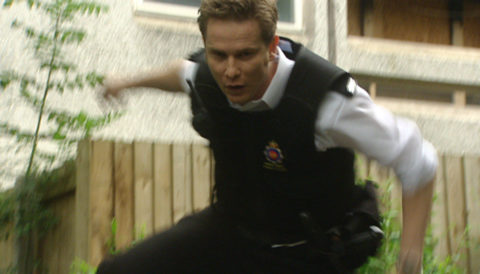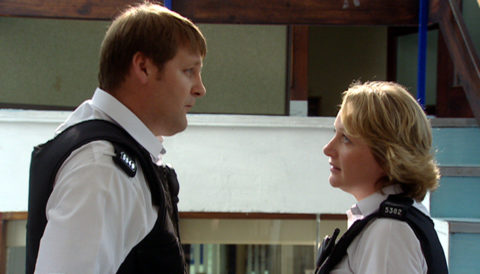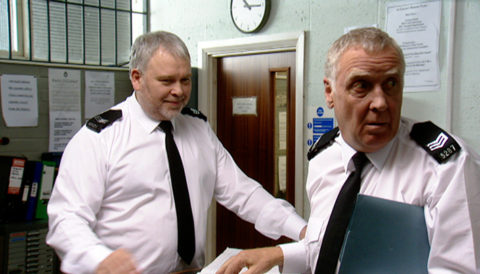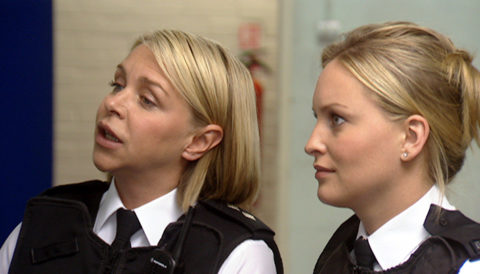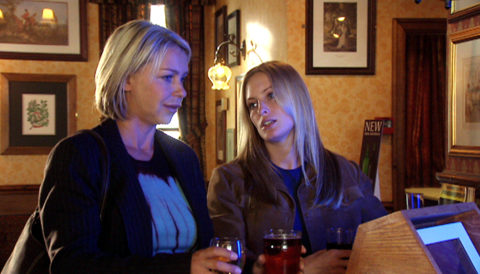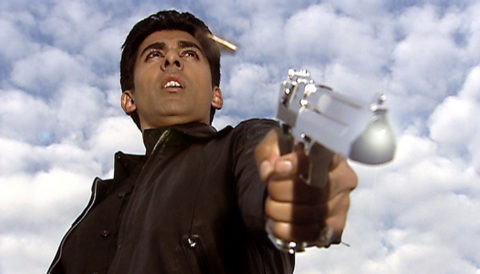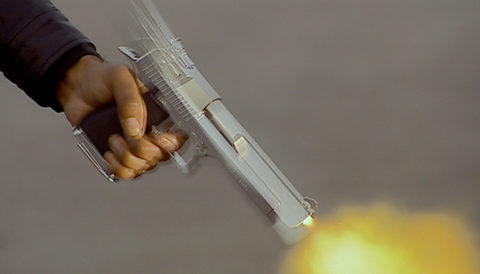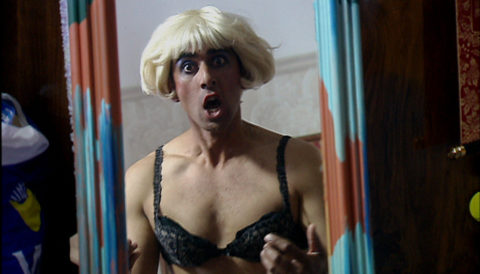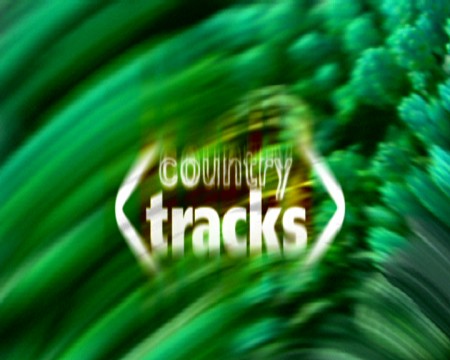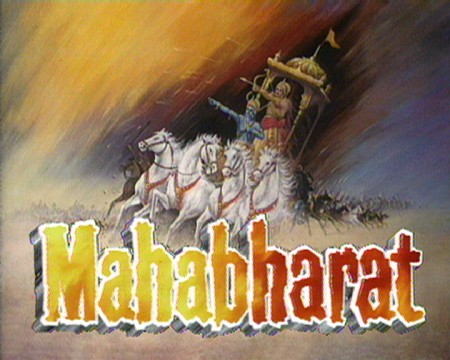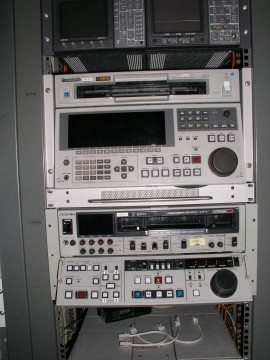Copyright resides with the original holder, no reproduction without permission.
Merseybeat was a police drama series which dates from the early 2000s. There were at least four series.
Thanks to VT editor Ian Collins for sharing these screen grabs.
The following comments were added on the Pebble Mill Facebook page:
Steve Saunderson: ‘I was DOP on a few episodes up in Runcorn.’
Fiona Stennett: ‘It was filmed in Runcorn and edited on site by Adam Trotman and John Rosser.
I tracklaid this with Kate Davis. Dave mason and Andy Freeth I think were the mixers.’
Janet Collins: ‘Ian Collins and Mike Bloore were also on site editors The exec producer was Mal Younge. Two of it’s stars were Haydn Gwynne & Leslie Ash.’
Ian Barber: ‘I did the first episodes with Michelle Fairly, later Hayden Gwynne, producer Ken Horn, originally titled Silver Command. Shot in and around Runcorn.’
Barrie White-Miller: ‘I was a regular PC ‘Extra’ way back then, had a chat with Chris Walker about Merseybeat a few months ago. The Police Station set was in Runcorn. Great memories, thank you for posting the photos.’
Anne Sweeting: ‘Celex provided alot of the extras it was filmed in Runcorn’
Daniel Klarfeld: ‘I was a runner on it for a bit’
Dave Rhodes: ‘Leslie Ash joined in series 3 – me and Russell Parker assistants.’
Paul Shuttleworth: ‘It was shot on location in Liverpool logged as a Pebble Mill production.’
Debbie Mitchell: ‘also shot in Widnes and Runcorn. The ‘police station’ was filmed in the old Golden Wonder crisp factory.’
Paul Shuttleworth: ‘I was an extra in a few eps at the crisp factory.’
